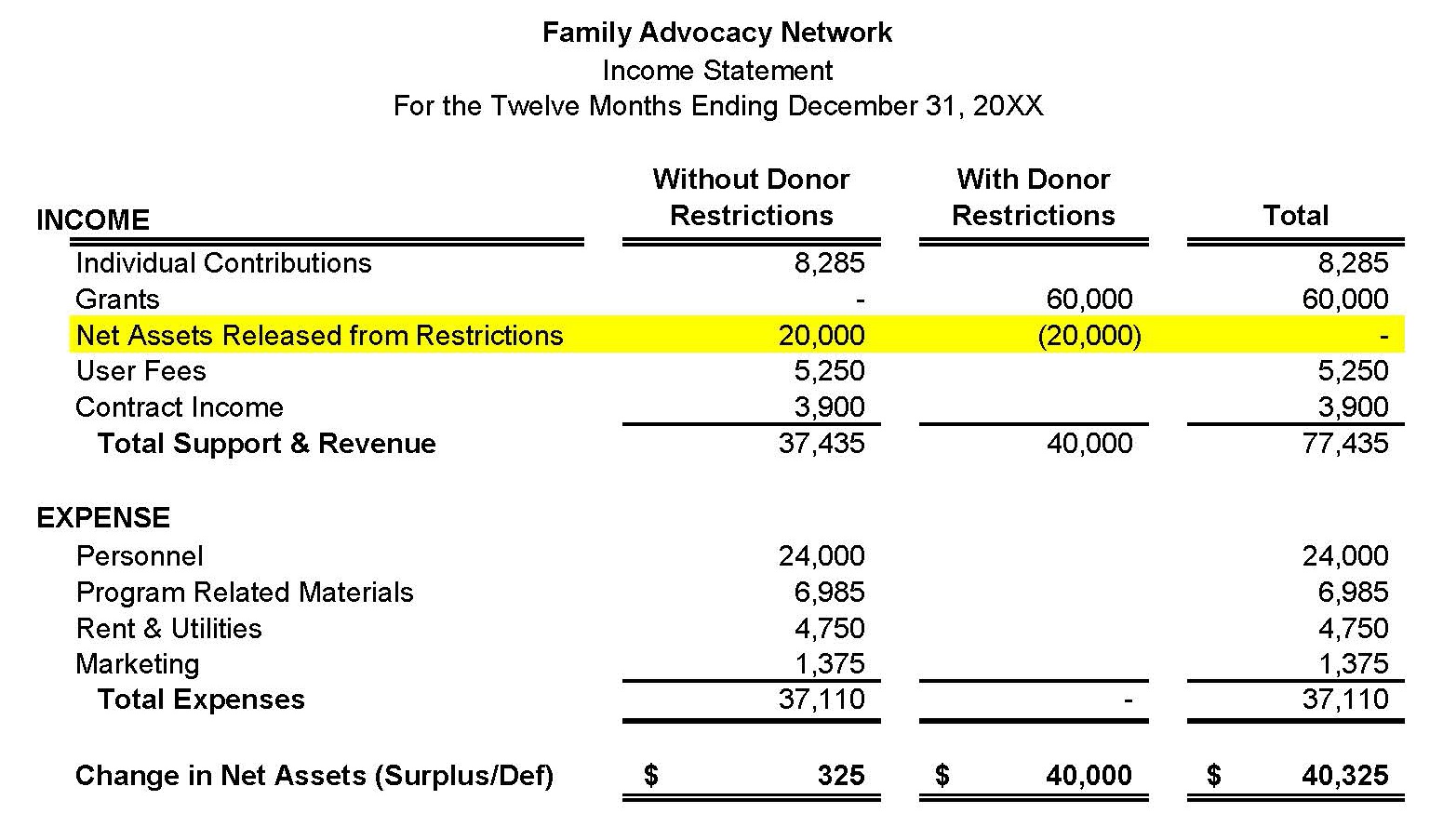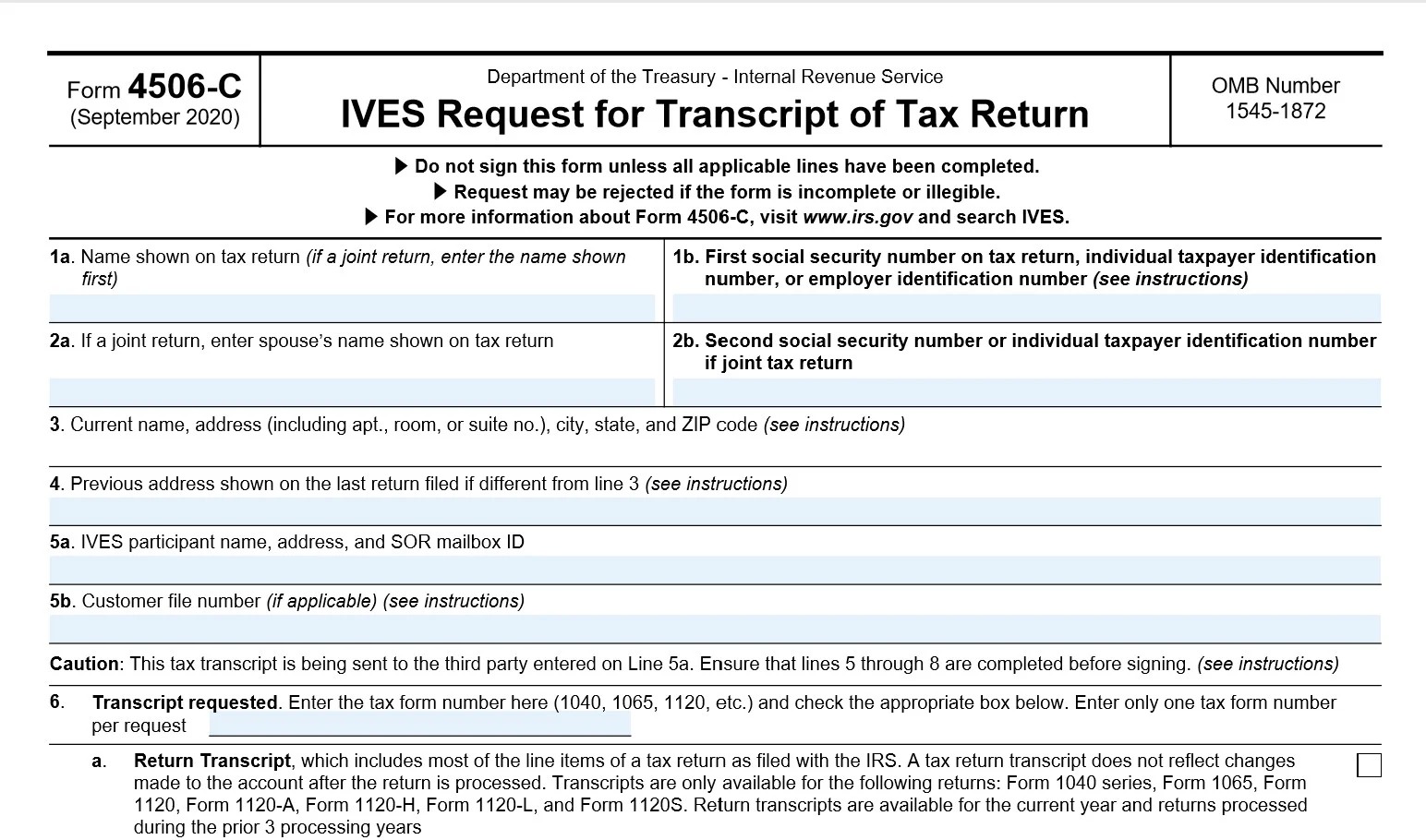

Finance
Project Completion Restriction Definition
Published: January 12, 2024
Understand the significance of project completion restrictions in finance. Learn how these limitations impact financial planning and decision-making.
(Many of the links in this article redirect to a specific reviewed product. Your purchase of these products through affiliate links helps to generate commission for LiveWell, at no extra cost. Learn more)
Understanding Project Completion Restriction Definition in Finance
Welcome to our “Finance” category, where we delve into various financial topics to empower and educate our readers. Today, we are going to discuss a concept that is crucial in project financing – Project Completion Restriction Definition. In this blog post, we will explore what project completion restriction means, why it is important, and how it can impact financial decisions.
Key Takeaways:
- Project completion restriction refers to a condition in project financing agreements that requires a project to be completed by a specified date.
- It is a protective measure for lenders to ensure that the project is completed on time and the anticipated cash flows can be generated.
What is Project Completion Restriction?
Project completion restriction is a provision commonly found in project finance agreements. It sets a deadline for project completion, ensuring that the project is finished within a specific period. This condition acts as a safeguard for lenders, giving them confidence that the anticipated revenue streams linked to the project will be realized as per the projected timeline.
Projects that involve significant financial investments, such as large infrastructure developments or energy-generation facilities, often rely on project financing. Lenders or financial institutions provide the necessary capital based on the projected cash flows generated by the completed project. Project completion restriction ensures that these lenders have an additional layer of protection, as timely completion is crucial for the project’s financial viability.
Why is Project Completion Restriction Important?
Project completion restriction is of paramount importance in project financing for several reasons:
- Protecting Lenders: By enforcing a completion deadline, lenders can be confident that their investment will not be tied up indefinitely. It ensures that the project progresses toward completion in a timely manner, minimizing their exposure to potential risks and delays.
- Maintaining Cash Flow Projection: The projected cash flows from the completed project form the basis of financial decisions. Meeting the project completion deadline allows stakeholders to utilize the anticipated cash flows according to their predetermined financial plans.
- Aligning with Market Conditions: In project financing, timing is crucial. Market conditions, interest rates, and other economic factors can change over time. Adhering to the project completion restriction ensures that the project’s benefits can be fully realized before any adverse market changes occur.
Implications of Project Completion Restriction
Failure to meet project completion restriction can have significant consequences:
- Penalties and Increased Costs: If a project fails to meet the specified completion deadline, lenders may impose penalties or require compensation for their increased financial risk.
- Difficulty in Securing Financing: Non-compliance with project completion restriction can tarnish the project sponsor’s reputation, making it more challenging to secure future financing for other projects.
- Loss of Investor Confidence: Late project completion can erode investor confidence and trust, potentially impacting future investment opportunities.
In conclusion, project completion restriction is a critical factor in project financing. It ensures timely completion of projects, protects the interests of lenders, and allows stakeholders to maximize the potential benefits of the completed project. Understanding this concept is essential for both project sponsors and investors to make informed financial decisions.














